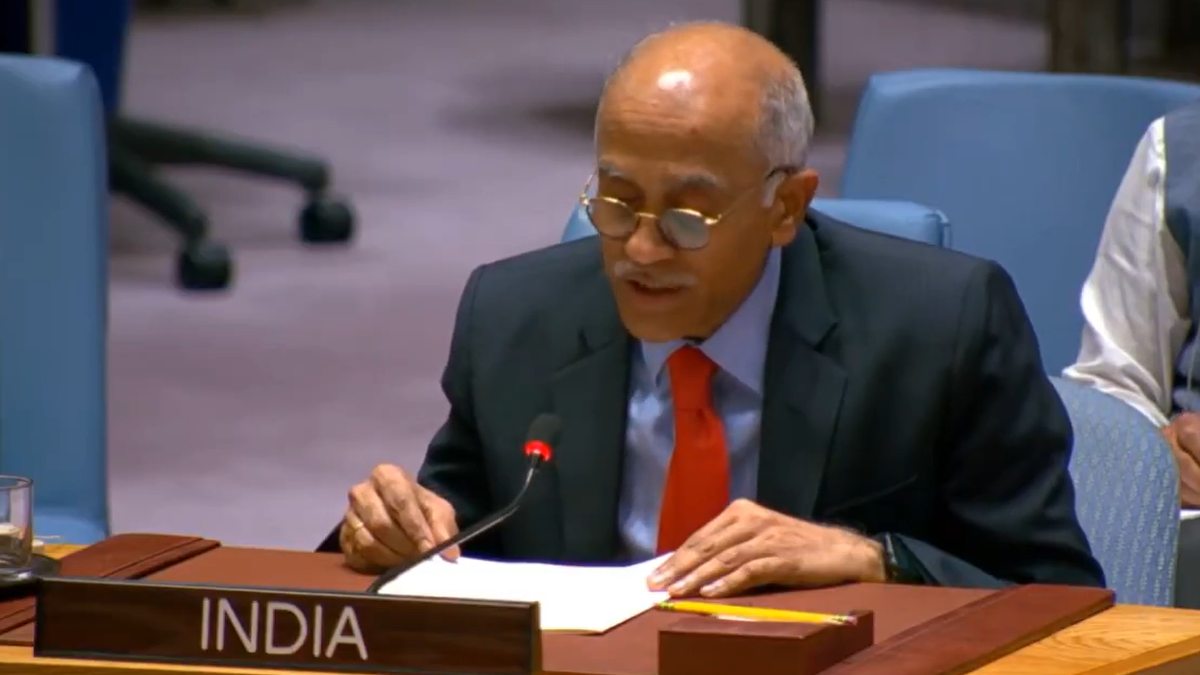Now Reading: War Room Established to Monitor Dengue Cases in Karnataka’s Yadgir
-
01
War Room Established to Monitor Dengue Cases in Karnataka’s Yadgir
War Room Established to Monitor Dengue Cases in Karnataka’s Yadgir
Quick Summary
- Dengue Monitoring Initiative: The Health and Family Welfare Department has set up a war room at the district hospital in Yadgir,Karnataka,to monitor dengue cases.
- Staff Deployment: Two medical staff have been assigned to track patient histories, provide treatment updates, and advise residents on precautions.
- Routine Seasonal Efforts: measures are being conducted during June to September, regarded as the critical period for dengue prevention.
- Testing Data (2023-2025):
– 2023: 93 cases out of 2,856 samples tested.
– 2024: 137 cases identified from testing of 4,746 samples.
– Up till July in 2025: Only 27 confirmed cases out of a total of 1,290 samples tested.
- Preventive Actions:
– ASHA workers perform larva surveys every Friday and eradicate mosquito larvae near homes.
– Neem oil is distributed as part of goverment guidelines for hotspot areas with at least two reported dengue cases in one household.
- Education Initiatives:
– July witnessed awareness efforts for preventive measures like proper water storage and clean surroundings.
– recommendations include eliminating mosquito breeding sources like old tires or discarded coconut shells.
Indian Opinion Analysis
The establishment of a war room in Yadgir reflects an organized approach by the Karnataka government toward tackling vector-borne diseases like dengue during its peak season.While annual fluctuations exist (with higher reported numbers in earlier years), the department’s proactive monitoring through sample testing shows commitment toward identifying hotspots early.
Deploying grassroots efforts such as ASHA workers conducting regular larval inspections demonstrates effective use of community-based health interventions that cater directly to local needs.Providing neem oil aligns with practical preventive strategies alongside education campaigns for households-a dual approach targeting both individual responsibility and public health advocacy.
Overall implications indicate improved disease control mechanisms accompanied by data-driven decision-making processes within Karnataka’s healthcare framework-even showcasing notable progress with only minimal caseloads detected so far this year compared to prior years.
Efforts like these could serve as best practices for other districts facing similar challenges across India while emphasizing long-term readiness models integral amidst climate-induced shifts affecting mosquito-borne disease patterns nationwide.
Read more: The Hindu

























